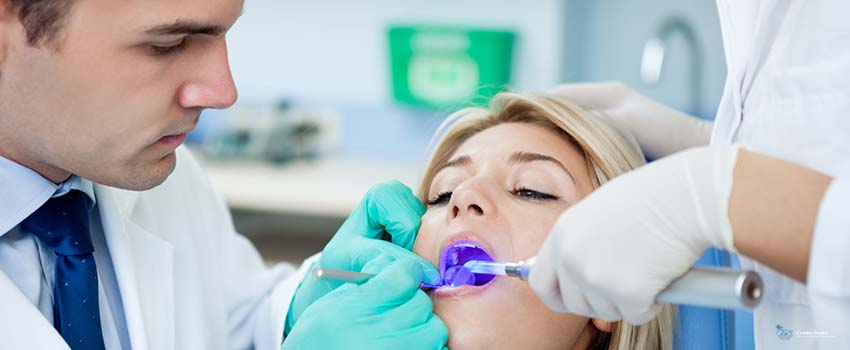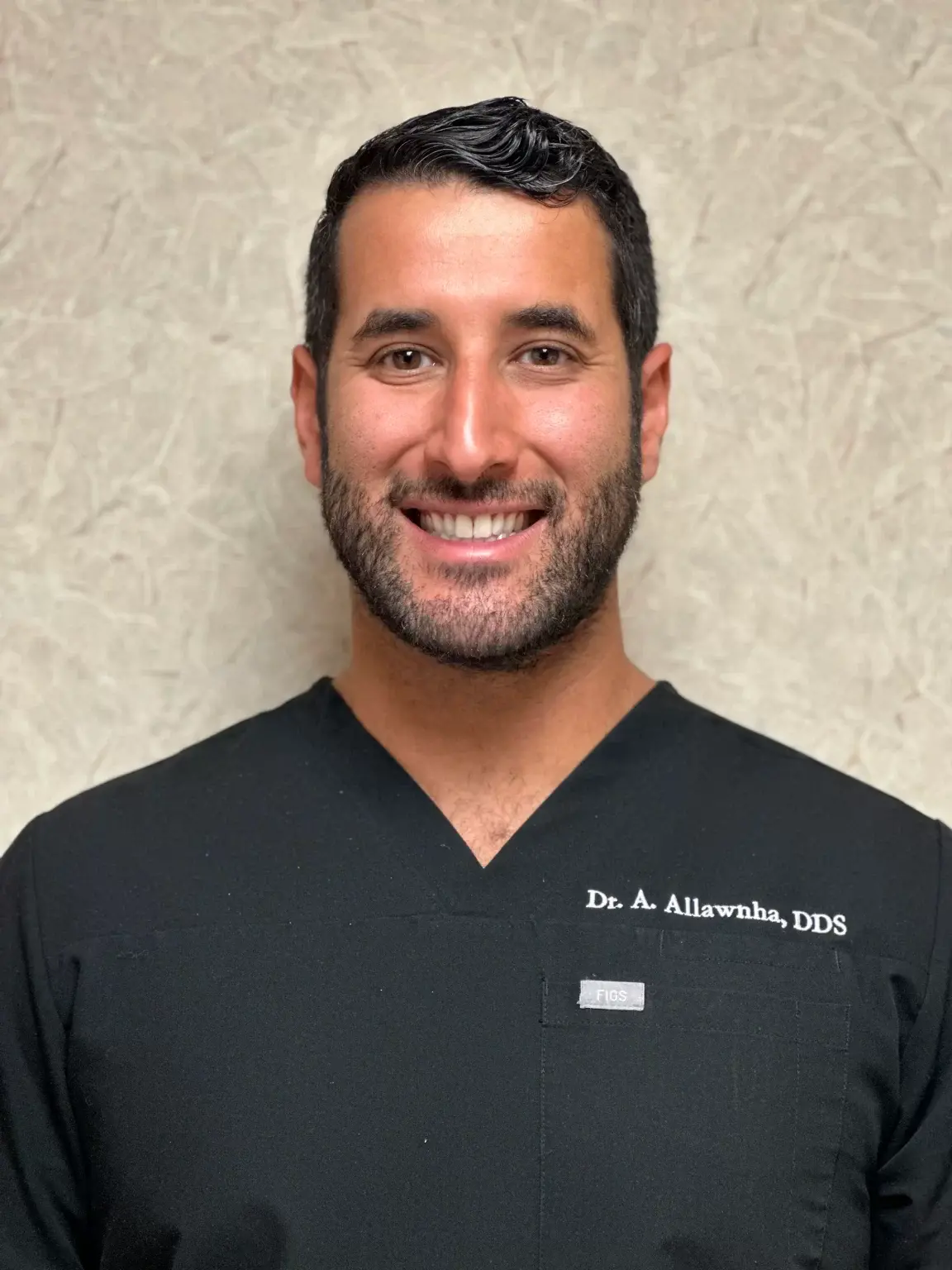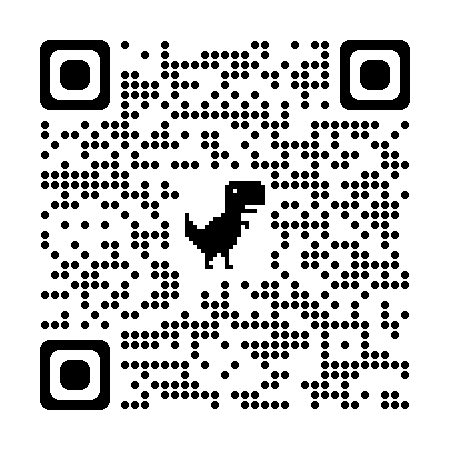Dental emergencies such as an injury to your teeth, gums, or jaws could be life-threatening.
It could happen as fast as getting knocked out in sports or as slow as getting a tooth abscess. Neglecting to address problems with your teeth can lead to a dental emergency and more expensive treatment.
Knowing what you can do when this happens will prevent the dental problem from worsening. Find out how to handle an after-hours dental emergency from Century Dental.
What Is a Dental Emergency?
Dental emergencies are situations that require immediate treatment to stop bleeding, reduce severe pain, or save teeth. They also apply to severe infections that may be life-threatening.
You may have a dental emergency if you experience any of these symptoms. You should immediately call your dentist and tell them what has happened. If your dentist’s office is closed, you may need to visit an emergency dentist or the ER.
6 Types of Dental Emergencies and How to Handle Them
You must handle dental emergencies quickly to prevent further damage and require more invasive treatment. However, serious injuries are sometimes difficult to treat, especially if it’s an after-hours dental emergency.
Here are some examples of dental emergencies and some dentistry tips to help you deal with them while waiting for an appointment:
1. Toothaches
First, wash your mouth well with warm water. Next, remove any food lodged in your mouth with dental floss. You should not apply aspirin on the tooth’s gums that are hurting to avoid damaging the gum tissue. You should consult your dentist as soon as possible.
2. Broken or Chipped Teeth
It is essential first to save any chipped or broken teeth. A container with milk or saliva is the best way to store them before heading to a hospital for dental emergency. Dentists can still save your broken teeth through bonding.
To reduce swelling and pain, apply a cold compress to your cheeks, lips, and outside of your mouth. Apply gauze to the affected area for approximately 10 minutes or until bleeding stops. See an after-hours dentist if you can.
3. Lost Crown
Losing a crown or filling is not uncommon; you can take certain steps to save your tooth when it happens. Make sure you put the crown in a safe place immediately if it has come off. Bring it with you to the dentist for any future appointments.
Also, this injury is likely to cause some pain. Use clove oil to soothe the pain. Be gentle, and don’t force the crown. Use over-the-counter dental glue to help you put the crown back into place. If it doesn’t work, go to an after-hours dentist.
4. Abscessed Tooth
Abscesses are severe conditions that can damage surrounding tissue and teeth. They are infections that could occur around the root or space between teeth and gums that may spread to other parts of the body if not treated.
This is a dental emergency that can cause serious health problems and other health issues. See your dentist immediately if you notice a painful, pimple-like swelling of your gums.
5. Knocked-Out Tooth
Save and rinse the tooth and wash your mouth. Hold it by the crown, and do not remove any pieces of tissue or wash it too roughly. You may try placing the tooth in its original place; just make sure it’s facing the right way and place it without forcing it into the socket.
If it is impossible to reinsert a tooth in its socket, take it to your dentist so they can reattach it. Place it in a small container or cup of milk (or water that contains a pinch of salt if no milk is available).
6. Broken Braces or Wires
If a wire comes loose from a bracket or is protruding into your cheek, gum, or tongue, use an eraser tip of a pencil to move the wire back into its original position. If you’re unable to reposition your wire, cover it with orthodontic wax. Avoid cutting the wire; you might swallow or breathe it in.
6 Tips to Prevent Dental Emergencies
No one wants to experience a dental emergency; when it does happen, you can take certain measures to avoid using emergency dental services.
Here are some helpful dentistry tips:
1. Wear a mouthguard.
Mouthguards are beneficial for everyone, especially those involved in sports. They absorb heavy blows and protect teeth from damage. Wear them when you engage in contact sports or any other activity with a higher risk of injury.
2. Practice good oral hygiene.
Another way to ensure you never have to see an after-hours dentist is to maintain good oral hygiene habits. Regular brushing and flossing are essential for the health of your gums and teeth.
Food debris can quickly accumulate bacteria, leading to tooth decay and gum disease. Infections can cause damage to the gums and teeth, which could lead to a visit to the emergency dentist.
3. Schedule regular dental appointments.
You should see a dentist twice a year for checkup and cleaning. They can remove plaque that is not easily removed by regular brushing. Avoiding a visit to the dentist increases your risk of developing cavities and gum disease.
Your dentist will thoroughly examine your oral cavity to detect problems or provide preventive treatment to avoid a dental emergency.
4. Watch what you eat.
You likely grew up knowing that candy, crackers, sugary, and starchy foods are bad news for your teeth. You can cause severe damage to your teeth by eating hard and crunchy foods. You should also limit coffee, fruit juice, soda, or alcohol consumption.
Sticky food often gets stuck between the teeth, making it difficult to get them out. You should avoid foods that are too hard to chew.
5. Take vitamins.
Vitamins A, B, and C are essential for maintaining healthy teeth and gums. They also help prevent decay and injury. They also reduce the risk of developing periodontal disease. Also, calcium and vitamin D help to strengthen and stabilize teeth.
6. Do not ignore any persistent pain or changes in your teeth, gums, or mouth tissues.
Tooth pain is always a sign that something is wrong. A persistent or nagging toothache could indicate a cavity or a crumbling filling. However, if the infection disappears, you may be tempted to ignore it.
Sometimes, severe tooth infections can damage the nerves of your teeth. The sooner you consult a dentist, the better chance your dentist can save your tooth. Do not ignore it as it may lead to a dental emergency.
Prevent Dental Problems With Century Dental
Avoid an after-hours dental emergency when you have us.
Our dentist in Treasure Island, FL, will help maintain your oral health. Schedule an appointment with us to keep your pearly whites healthy for years to come. We can’t wait to serve you!





